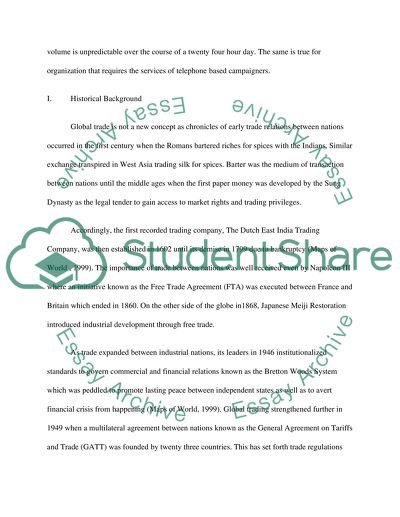Cite this document
(“How can globalisation processes help alleviate poverty Essay”, n.d.)
Retrieved from https://studentshare.org/environmental-studies/1406035-how-can-globalisation-processes-help-alleviate
Retrieved from https://studentshare.org/environmental-studies/1406035-how-can-globalisation-processes-help-alleviate
(How Can Globalisation Processes Help Alleviate Poverty Essay)
https://studentshare.org/environmental-studies/1406035-how-can-globalisation-processes-help-alleviate.
https://studentshare.org/environmental-studies/1406035-how-can-globalisation-processes-help-alleviate.
“How Can Globalisation Processes Help Alleviate Poverty Essay”, n.d. https://studentshare.org/environmental-studies/1406035-how-can-globalisation-processes-help-alleviate.


